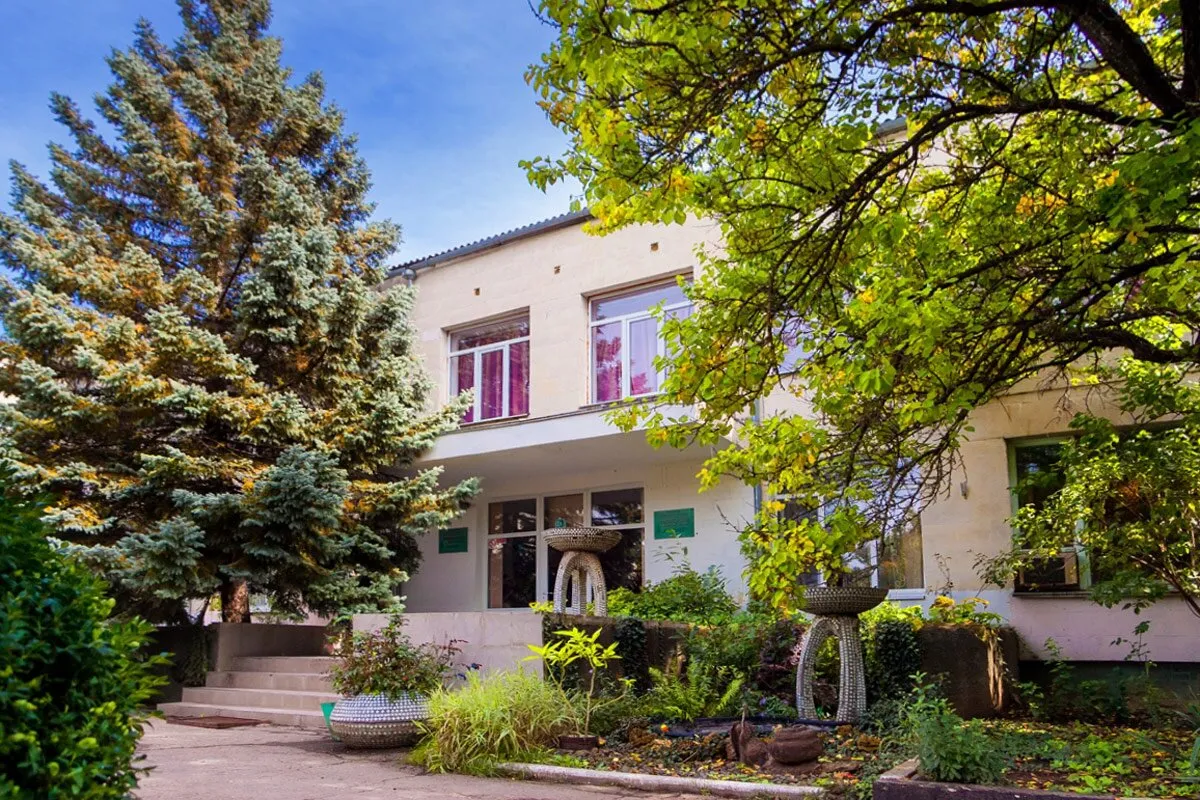
‘A concentration camp for kids’ Journalists discovered 14 Ukrainian orphans from Kherson in a Crimean orphanage with brutal conditions
Journalists at Verstka, an independent Russian outlet, are convinced that Russian authorities have moved at least 14 orphans from Kherson to an orphanage located in Russian-occupied Crimea. The orphanage in question is called Yolochka (Little Christmas Tree), but it’s better known for its reputation as a “children’s concentration camp.” In the past, journalists have compared the facility to Auschwitz for the brutal conditions in which the staff keeps children.
The independent Russian news outlet Verstka established that 14 Ukrainian orphans from Kherson were moved to Yolochka, based on photos posted on a Russian adoption website. Images of the children appeared together with handwritten “letters to Santa.” Fourteen of those letters had clearly been written by the same adult hand, each note mentioning that the child in the picture had come from Kherson.
Two of the letters said that the pictured child was now in Simferopol, and two others mentioned Yolochka as the orphans’ location. All 14 pictures showed children in the same interior, which matches the interior at Yolochka. Nine more photos on the website feature children of the same age group in the same interior but without stating that they’re also from Kherson, Verstka points out.
Yolochka specializes in housing orphans with neurological conditions, developmental delays, HIV, and various disabilities. According to the facility’s strategic plan for 2021–2025, Yolochka’s objective is to “foster patriotism and civic feeling” in the children who live there, and to teach them to “identify as citizens of a multinational Russia.”
After multiple adoptive mothers spoke to the media in 2020, Yolochka gained a reputation for cruelty and neglect towards the young children living there. In the words of Olga Kramnaya, who adopted several children from Yolochka, the place turns children into “vegetables” and leaves them psychologically scarred. When Kramnaya adopted her youngest son from the orphanage, the two-year-old weighed only six kilograms (about 13 pounds) and could neither eat, drink, sit up, nor walk on his own. His new pediatrician confirmed that little Sergey was suffering from severe malnutrition, dehydration, rickets, and cranial deformation.
Another adoptive mother spoke of her child’s terror of bath time and other signs of deep trauma after living at Yolochka.
The scandal (reported in Russia’s state media no less) prompted an official inquiry into what was happening at Yolochka, but investigators claimed to find no health or safety violations. A former Yolochka staff member (who adopted one of the children there and left her job) confessed that nurses kept the children dehydrated to make it easier to clean up after them.
Verstka suggests that Ukrainian orphans from Kherson could have been moved to Yolochka last October, during the civilian “evacuation” on the eve of the city’s liberation by the Ukrainian army. On October 21, the deputy head of Kherson’s occupation government, Kirill Stremousov, said that 46 orphans had been sent to Crimea from Kherson. In late October, Crimean Children’s Rights Commissioner Irina Klyueva published some photos from Yolochka, remarking that orphans evacuated from Kherson were now living there.
A Ukrainian media project that investigates removals of Ukrainian children by the Russian authorities told Verstka that its researchers have information about children being taken from an orphanage in Kherson called Kolokolchik, which works with children below the age of five. This matches the age group of children in the photos from Simferopol.